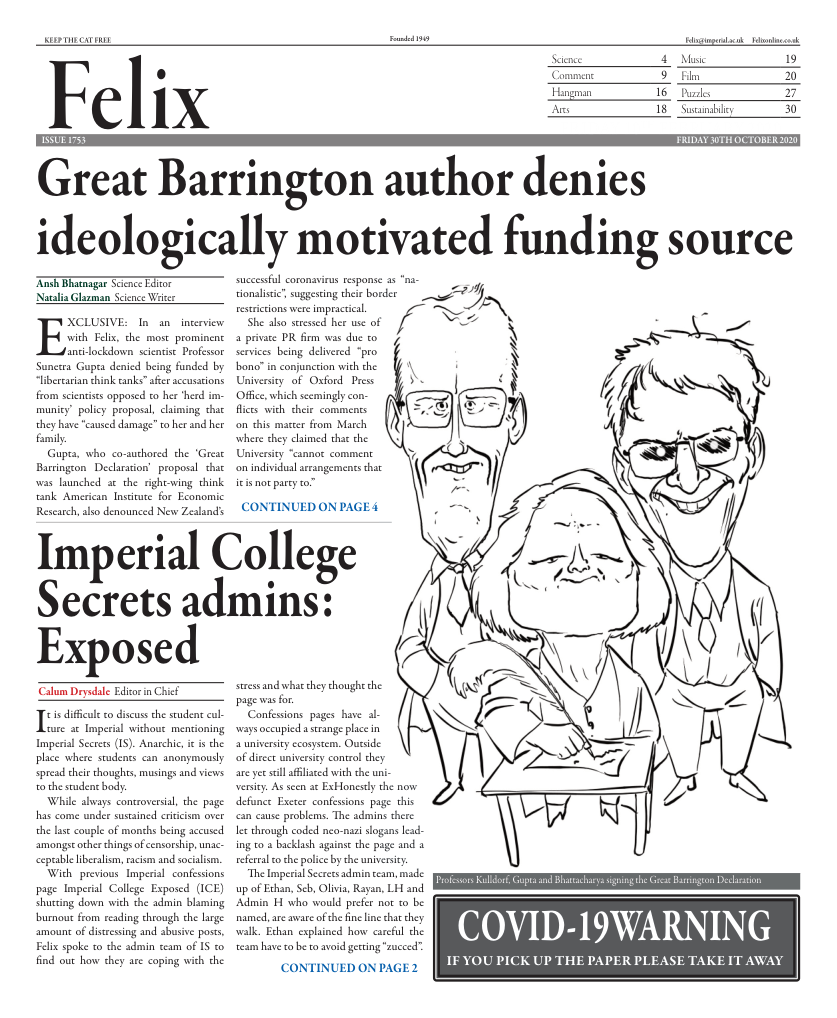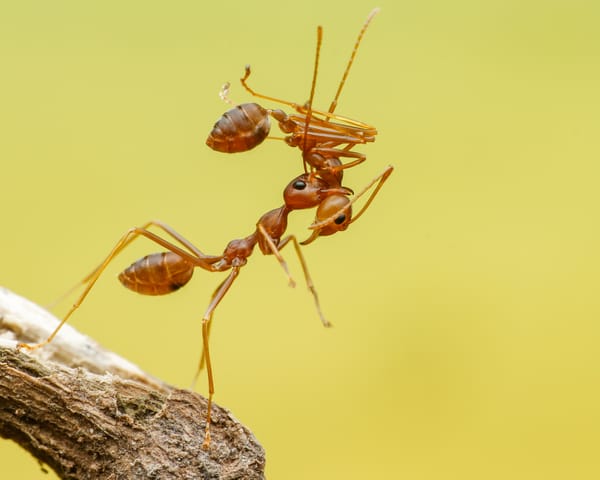This week’s inspiration: A Plastic Ocean
A Plastic Ocean is a documentary that captures the tragic realities of our love-hate relationship with plastic.
A Plastic Ocean is a documentary that captures the tragic realities of our love-hate relationship with plastic. I still vividly remember watching this two summers ago during a family holiday in Japan. Coincidentally, Japan ranks number 2 in global per-capita plastic usage. I wasn’t surprised to see why, given that every single cookie is individually wrapped in plastic inside a larger plastic package.
A Plastic Ocean opened my eyes to the reality of our love-hate relationship with plastic. Lightweight, cheap and sturdy, the very reasons we began using plastic for, has now become the reasons why they’re so destructive for our planet. The producer, Producer Jo Ruxton felt a deep sense of urgency to alert societies about this issue, upon witnessing the Great Pacific Garbage Patch.
The Great Pacific Garbage patch is a region of ocean between Hawaii and California and happens to be one of the largest offshore marine debris and plastic accumulation hotspots in the world spanning across 1.6 million square kilometres. To put it into perspective, that’s two times the size of Texas or three times the size of France.
What’s worse is that once plastic waste accumulates in these regions, they don’t go away – they break down mechanically or by solar energy, into microplastics. Microplastics are so small we can hardly see them, but that’s what makes them lethal. They not only harm marine wildlife but accumulate in food chains and eventually end up in our bodies every time we eat seafood.
Although plastic production began in the 1950s, nearly half of the current plastic waste that exists come from just the last 14 years. Much of it boils down to the fact that we’re oblivious to just how much single-use plastic waste we produce and how damaging it is. A Plastic Ocean offers a detailed understanding of both topics, including cutting-edge research and scientists who attests to the dangers that await our future if we don’t act.
It’s a 1.5-hour watch and is bound to change the way you think about plastic waste. Alternatively, if you’re keen on learning more about it, some other great resources are: Turning the Tide on Plastic by Lucy Siegle and the 3-part BBC Radio series, Fantastic Plastic by Mark Miodownik.





